
Symbol
A new, universal way to prove your skills
3 followers
A new, universal way to prove your skills
3 followers
Publish a beautiful portfolio of your work and see where you rank globally for any of your skills. Rankings are free and over 95% accurate.

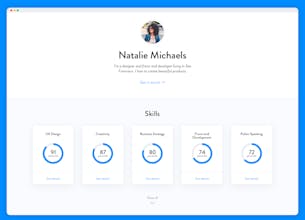
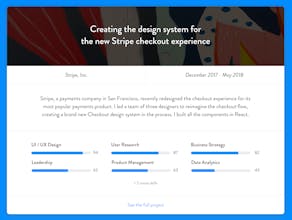
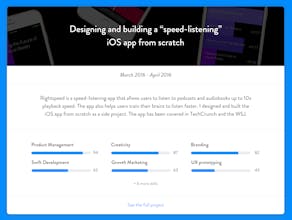
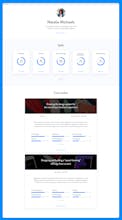

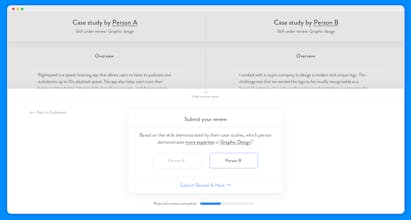
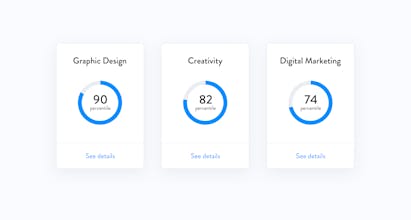





I feel like there's not really a need for a tool like this.
Pros:Nice interface... i guess?
Cons:Can we all stop using percentiles to measure skills?
Monthly
Monthly